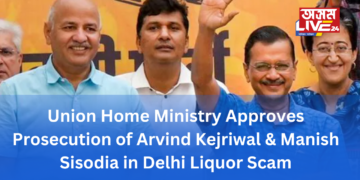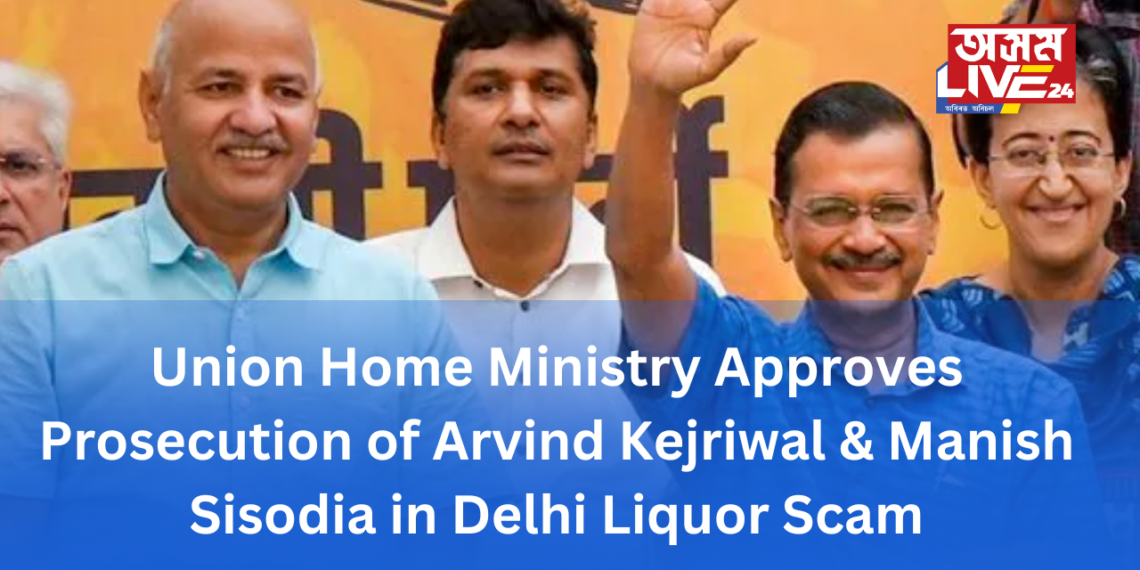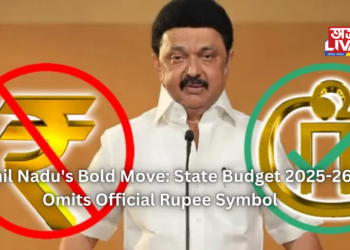In a major development ahead of the Delhi Assembly elections, the Union Home Ministry has granted the Enforcement Directorate (ED) permission to prosecute former Delhi Chief Minister Arvind Kejriwal and his former deputy, Manish Sisodia, under the Prevention of Money Laundering Act (PMLA). The charges relate to their alleged involvement in money laundering connected to the controversial Delhi liquor scam.
This move is expected to intensify the ongoing investigation into irregularities in the Delhi excise policy, a case that has already garnered significant public and political attention. Both Kejriwal and Sisodia have faced allegations of corruption and financial misconduct in the allocation of liquor licenses during their time in office. However, they have consistently denied the charges. With the Home Ministry’s approval, the ED now has the green light to pursue legal action, adding further complexity to the high-profile case.
The decision follows a ruling by a special PMLA court in Delhi, which had previously stalled the framing of charges against Kejriwal, citing the lack of the necessary sanction for prosecution. Kejriwal had challenged the trial court’s action, arguing that the prosecution was premature without the mandatory approval. With the Home Ministry’s consent now in place, the ED is expected to ramp up its investigation as the Delhi elections draw near, potentially impacting both Kejriwal’s political future and the Aam Aadmi Party’s image.
The case has already seen a series of legal and political twists. In August 2023, the Central Bureau of Investigation (CBI) filed a chargesheet against Kejriwal under the Prevention of Corruption Act, supported by the necessary sanctions. Both the CBI and ED allege that Kejriwal and the AAP received bribes from a liquor cartel, known as the “South Group,” which allegedly benefitted from the 2021-22 Delhi excise policy.
Kejriwal’s role in the case centers on accusations that he, along with other AAP leaders like Sisodia, deliberately created loopholes in the excise policy to secure kickbacks from liquor lobbyists. Kejriwal was arrested by the ED on March 21, 2024, in connection with the money laundering case, and again by the CBI on June 26, 2024, for corruption. He was granted bail by the Supreme Court in September 2024.
Sisodia, meanwhile, was released from jail in August 2024, after spending 17 months in custody following his arrest by the ED. As the investigation progresses, all eyes are on the political ramifications for Kejriwal and the AAP, just weeks before voters head to the polls in Delhi.
এনেধৰণৰ অন্যান্য বা-বাতৰিৰ বাবে লাইক কৰক অসম লাইভ ২৪ ৰ ফেচবুক পেজ






















